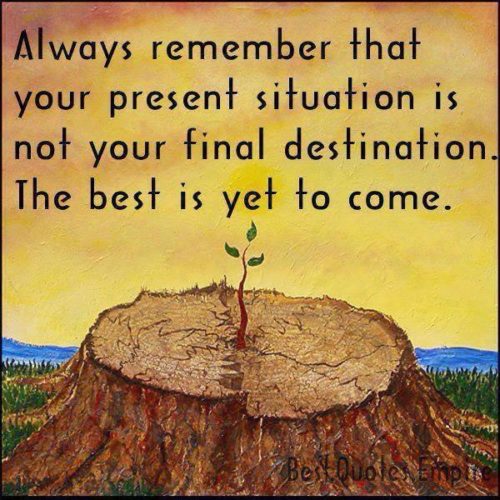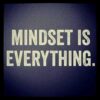 These are the four legs of the Table of Success. Each needs to be strong to support your success.
These are the four legs of the Table of Success. Each needs to be strong to support your success.
Planning: This helps you to define clear goals, both short and long term, and to create a plan for achieving them. These goals need regular review and updating, and short-term objectives need to be defined on a regular basis. Regular review and planning is a helpful structure for keeping you on track and focused.
Scheduling: Scheduling and deadlines are great for getting things done. Create your own deadlines. Choose a day and time in the future for getting something done and schedule it. Try scheduling ongoing activities at a regular time each week. Write down three things to accomplish each day and do the hardest first. A calendar is a simple yet powerful support structure. If you aren’t already working effectively with your calendar, I encourage you to begin utilizing it more fully. Some people might find electronic calendars more useful. Whatever you use, it needs to be user-friendly for you and effective, otherwise you won’t use it enough. So experiment until you find what you enjoy working with the most.
Tracking: The things we track we pay more attention to and naturally tend to prioritize more highly. Therefore, tracking can be surprisingly effective. They work well as a form of holding yourself accountability to your action plans. They also provide clear feedback on whether or not you’re following through, as well as whether you’re on track to get the results you’re aiming for. This reality check can be a strong motivator. Tracking usually involve updating a tracking form on a regular basis. This is one of the easiest, time efficient, and powerful things that you can do.
Accountability: This is one of the most effective and important strategies for success. It involve sharing clear goals and/or actions with an individual or group who you will be communicating with again at a later date and reviewing whether or not the actions were completed and the objectives achieved. This is helpful for several reasons: It forces you to identify clear objectives and actions. Knowing that someone else will be there to help celebrate your small successes or notice your lack of follow-through tends to be very motivating. It can add to your sense of satisfaction when someone witnesses you keeping your plans, keeping your word, and making progress. On the other hand, you may be more likely to procrastinate when nobody will take notice.
To learn more listen to this interview https://elevatedradiofm.com/shows-archive/zoilita-grant-3-25-19/









